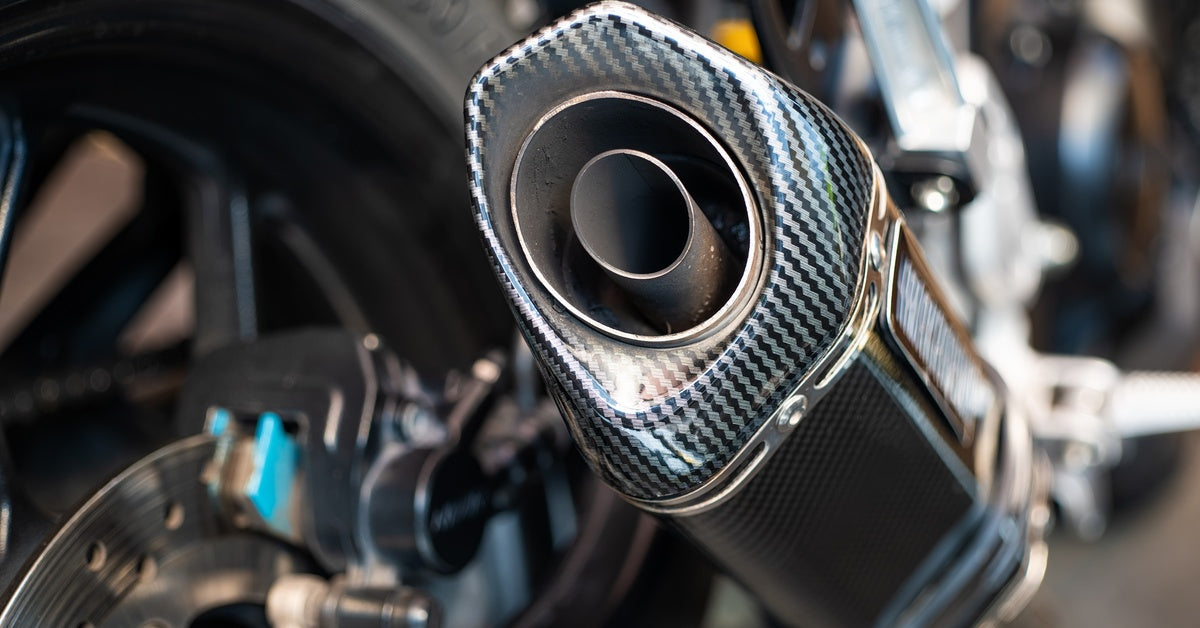
Alternative fuels are addressing growing climate change concerns and gasoline prices. From ethanol blends to compressed natural gas (CNG), these fuels aim to reduce emissions and improve energy efficiency. While their environmental and economic benefits are often discussed, few people realize the impact these fuels can have on essential car components, like spark plugs.
A cleaner fuel source doesn’t always mean the engine will work flawlessly. If you’re wondering how alternative fuels affect spark plugs and what that means for your car’s performance, you’re in the right place.
Below, we’ll explain the relationship between alternative fuels and spark plugs, highlighting what car owners should know while exploring greener energy options.
What Are Alternative Fuels?
Alternative fuels are any fuels used for powering vehicles that aren’t traditional gasoline or diesel. These often include ethanol, CNG, propane (LPG), biodiesel, hydrogen, and even electric power sources like hydrogen fuel cells. While they are designed to reduce harmful emissions and increase efficiency, every type of fuel interacts with a car’s components differently, affecting performance aspects like ignition and combustion.
The Role of Spark Plugs in a Car’s Engine
Spark plugs handle a vehicle’s combustion process. They ignite the air-fuel mixture inside the engine cylinder, creating a small explosion that powers the engine. Each fuel type burns differently, and this can affect how well your spark plugs function. Certain fuels lead to more buildup, poor ignition, or increased wear on spark plugs, which might mean more frequent replacements.
How Ethanol Blends Affect Spark Plugs

Ethanol-blended fuels, such as E10 and E85, are among the more common alternative fuels. Ethanol is a cleaner fuel than regular gasoline, but it burns hotter and can be more corrosive to engine components, including spark plugs. The increased combustion heat can wear out spark plugs faster, while the higher moisture content in ethanol can lead to rust buildup. Regular plug maintenance is essential if your car uses ethanol blends.
The higher oxygen content in ethanol can contribute to leaner air-fuel mixtures, which may further increase engine temperatures. This can cause preignition or detonation, putting more stress on spark plugs. Ethanol also absorbs moisture from the air, which can accelerate corrosion in older engines that lack ethanol-compatible components. Choosing spark plugs with a higher heat range can help manage these conditions.
Compressed Natural Gas and Spark Plug Wear
CNG is another popular alternative due to its cleaner-burning properties. While CNG reduces carbon deposits, it burns at a higher ignition temperature than gasoline. This hotter combustion can place extra stress on spark plugs, leading to faster wear. High ignition temperatures require robust spark plugs, like those offered by E3 Spark Plugs, to withstand demanding conditions.
CNG engines often require a narrower spark plug gap for reliable ignition at higher temperatures. Failure to adjust the gap can cause misfires or poor performance. Additionally, CNG burns cleaner and reduces carbon buildup, but high-demand applications still require heat-resistant spark plugs. Regular inspections can find early wear caused by intense CNG combustion.
Propane and Its Effect on Ignition
Like CNG, propane is a clean-burning fuel, but it requires a hotter ignition. If your vehicle runs on propane, your spark plugs need to be heat-resistant and capable of working with these high-energy fuels.
Propane engines may require platinum or iridium-tipped spark plugs, as these materials manage high temperatures more effectively. Their combustion process creates fewer deposits, which can extend the life of the spark plug electrodes. However, propane-powered engines often run under higher compression, which requires spark plugs designed for such conditions to prevent misfires or efficiency loss.
Hydrogen-Powered Cars and Spark Plug Compatibility
Hydrogen as a fuel source is highly efficient and produces water as its only emission. However, it also burns at an even higher temperature than propane or natural gas. This increased heat and intense pressure require spark plugs that are exceptionally durable, with high-temperature resistance and fine tolerances.
Hydrogen engines often experience higher cylinder pressures, which means they need spark plugs with reinforced insulators and electrodes. Advanced ignition systems manage hydrogen’s quicker flame speed, ensuring complete combustion. Proper cooling and heat dissipation are vital in these engines, and specialized spark plugs can support ignition stability under intense operating conditions.
Does Biodiesel Impact Spark Plugs?
While biodiesel doesn’t directly affect spark plugs in traditional gasoline engines, hybrid vehicles or spark-ignited diesel setups may experience challenges. Biodiesel can produce residue during combustion, which could accumulate on spark plugs.
The fuel’s higher viscosity can lead to incomplete combustion in hybrid systems that use biodiesel, creating residue that may foul spark plugs faster. Spark plugs in these setups must be capable of withstanding its unique combustion properties. Regular cleaning or spark plug inspections can prevent long-term damage caused by soot buildup.
Electric and Fuel Cell Vehicles

Electric vehicles (EVs) and hydrogen fuel cell vehicles don’t require spark plugs, as they don’t rely on internal combustion engines. However, hybrids that use conventional fuels and electric power still require proper spark plug maintenance for smooth transitions between driving modes.
In hybrids, spark plug wear can occur unevenly, as the engine doesn’t run continuously. This stop-and-start operation places more strain on the plugs during ignition cycles. Selecting long-life spark plugs with wear-resistant materials can mitigate this issue. Regular inspections are still important, even though these vehicles rely less on internal combustion.
Signs of Spark Plug Issues Related to Alternative Fuels
If you’ve switched to alternative fuel and noticed engine troubles, your spark plugs might be the reason. Be on the lookout for these warning signs:
- engine misfires
- reduced fuel efficiency
- difficulty starting your car
- unusual engine noise
- a decrease in performance
These symptoms can suggest your spark plugs are under stress or worn because of alternative fuel use.
Choosing the Right Spark Plugs for Alternative Fuel Vehicles
Different alternative fuels demand specific qualities from spark plugs for efficiency and longevity. When looking for spark plugs for sale, prioritize options that are designed to handle the unique requirements of your chosen fuel type. Spark plugs made from high-quality materials like iridium or platinum are more durable and better suited for higher temperatures.
Why E3 Spark Plugs Stand Out
Whether you’re running on ethanol, CNG, or another alternative fuel, E3 Spark Plugs offer high-performance options designed to handle extreme conditions. Our proprietary DiamondFIRE technology improves combustion efficiency and reduces wear. If you’re considering switching to an alternative fuel, investing in E3 Spark Plugs can support your vehicle.
Alternative Fuels and Spark Plug Health
Switching fuel sources can be a step toward reducing emissions and saving money. However, it’s important to understand how these alternative fuels affect essential components like spark plugs to support performance. Staying informed and choosing high-quality products allows you to enjoy the benefits of alternative fuels without compromising your vehicle’s health. When considering your fuel options, always think about the compatibility and longevity of your car components.







